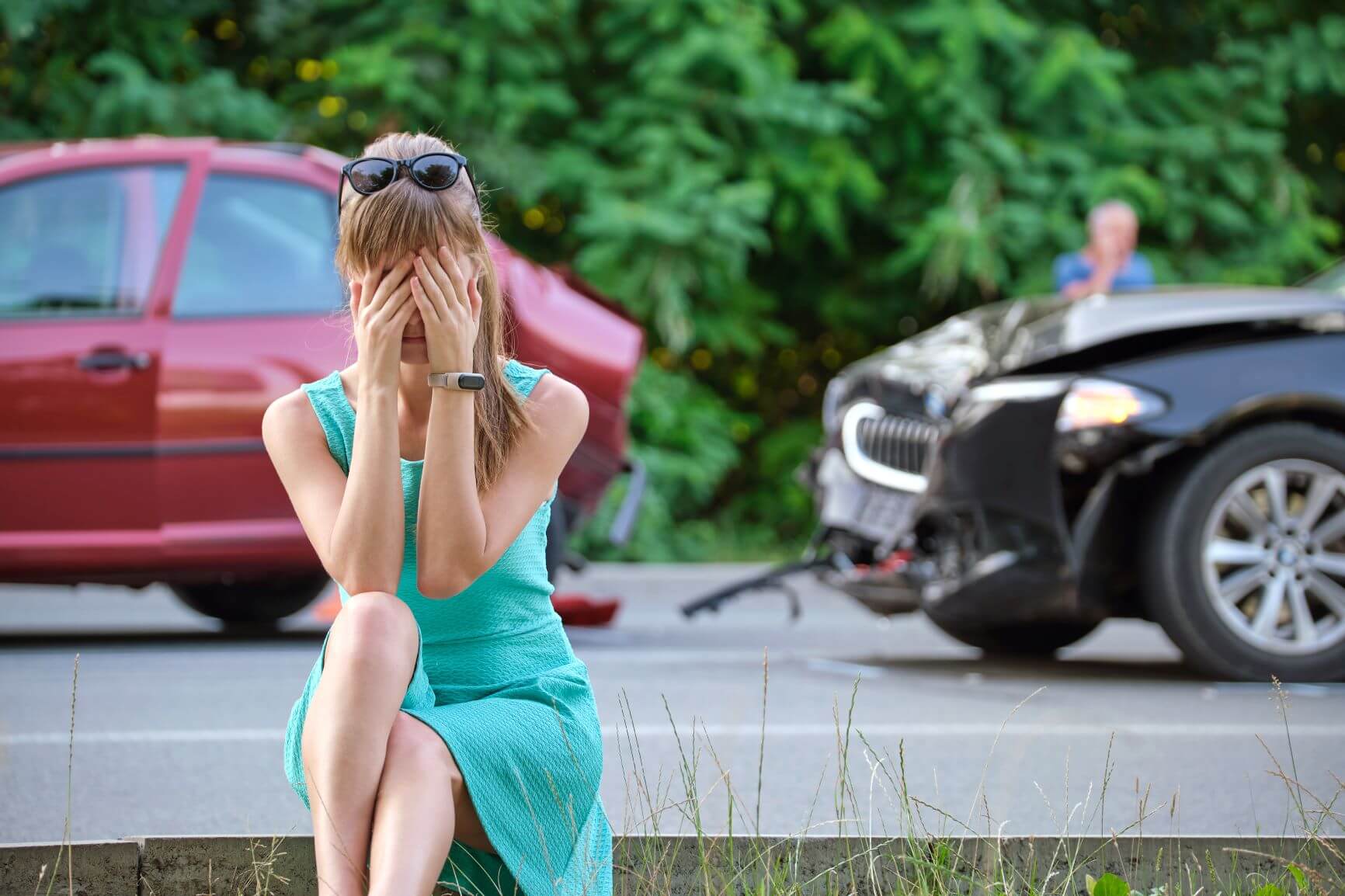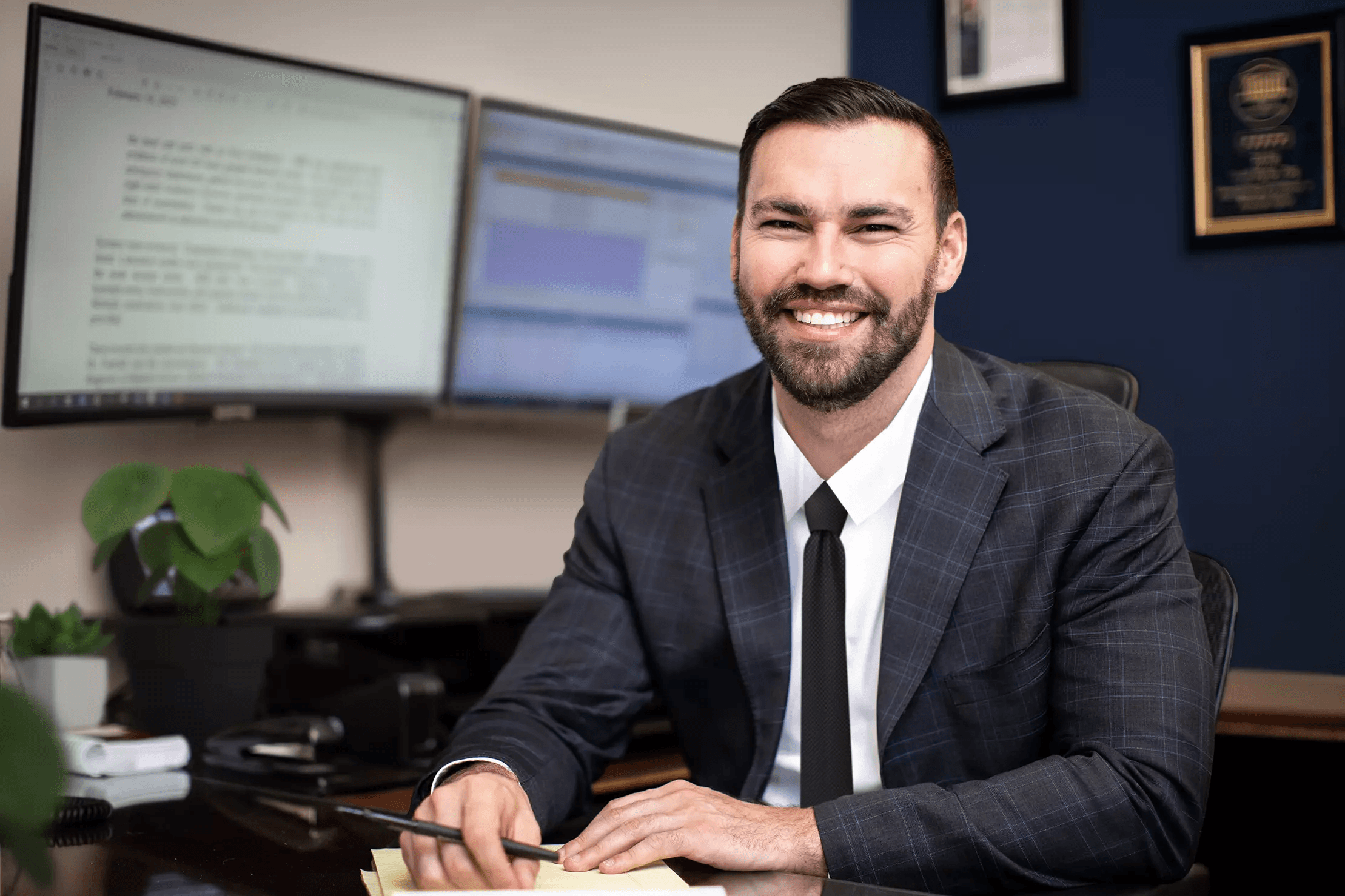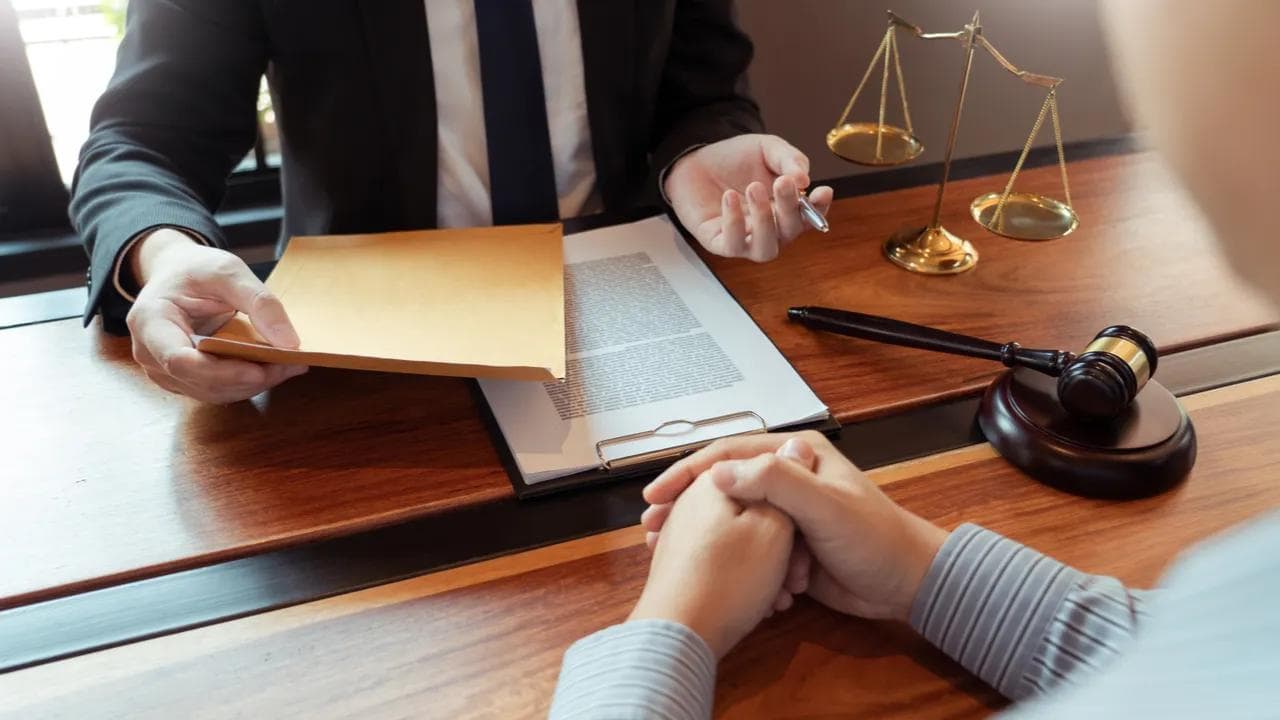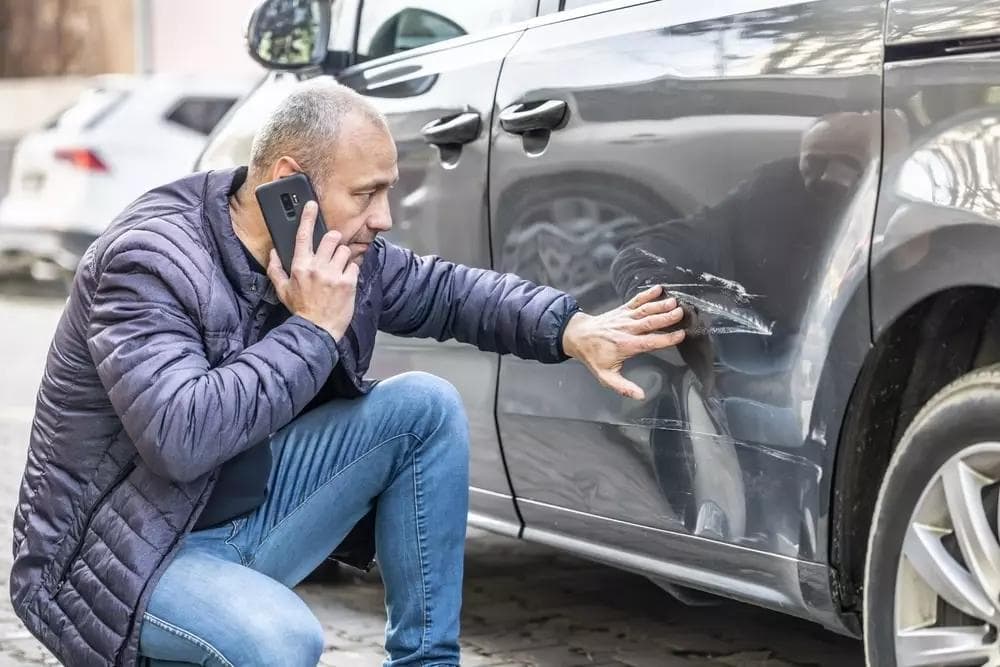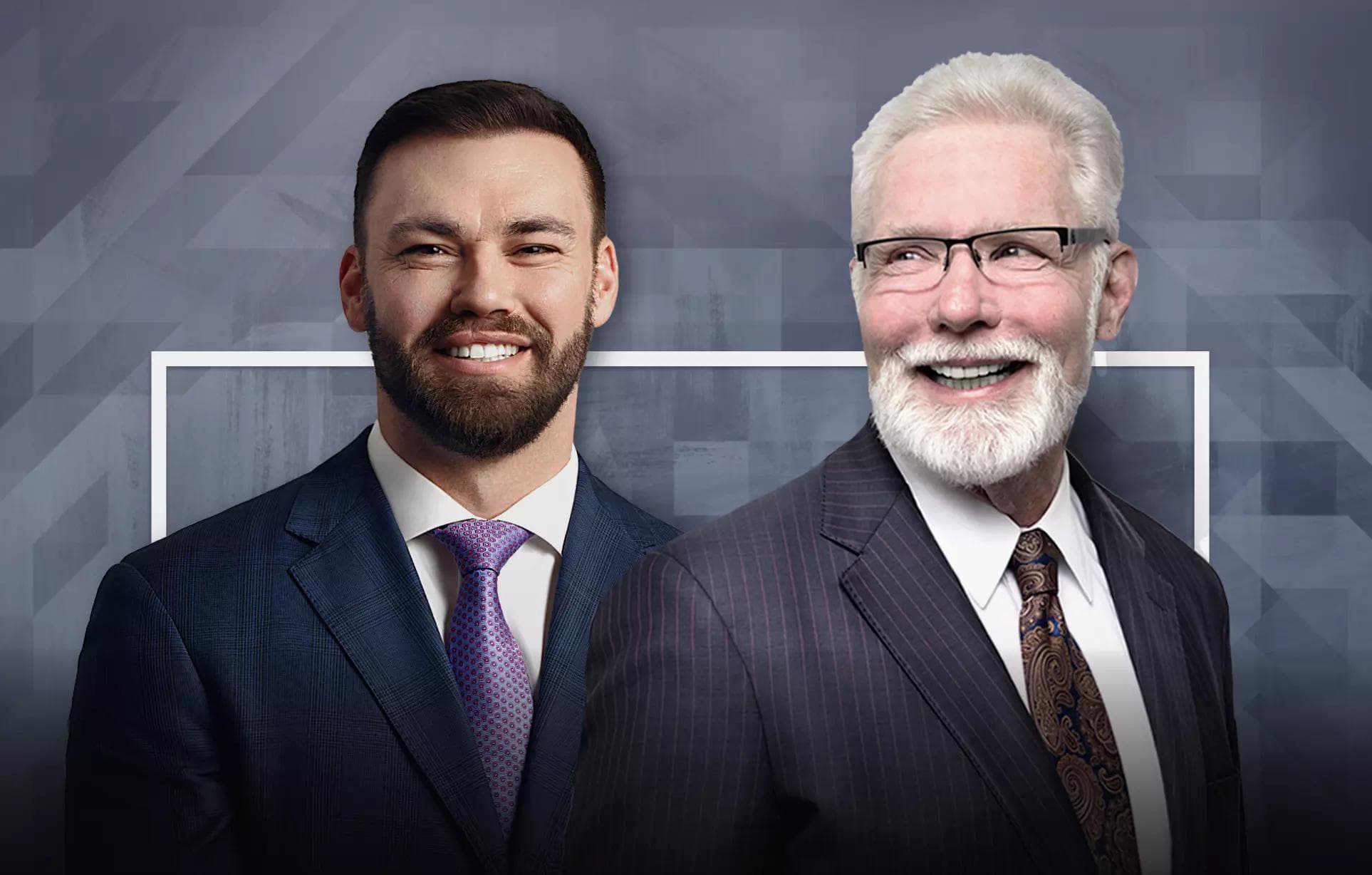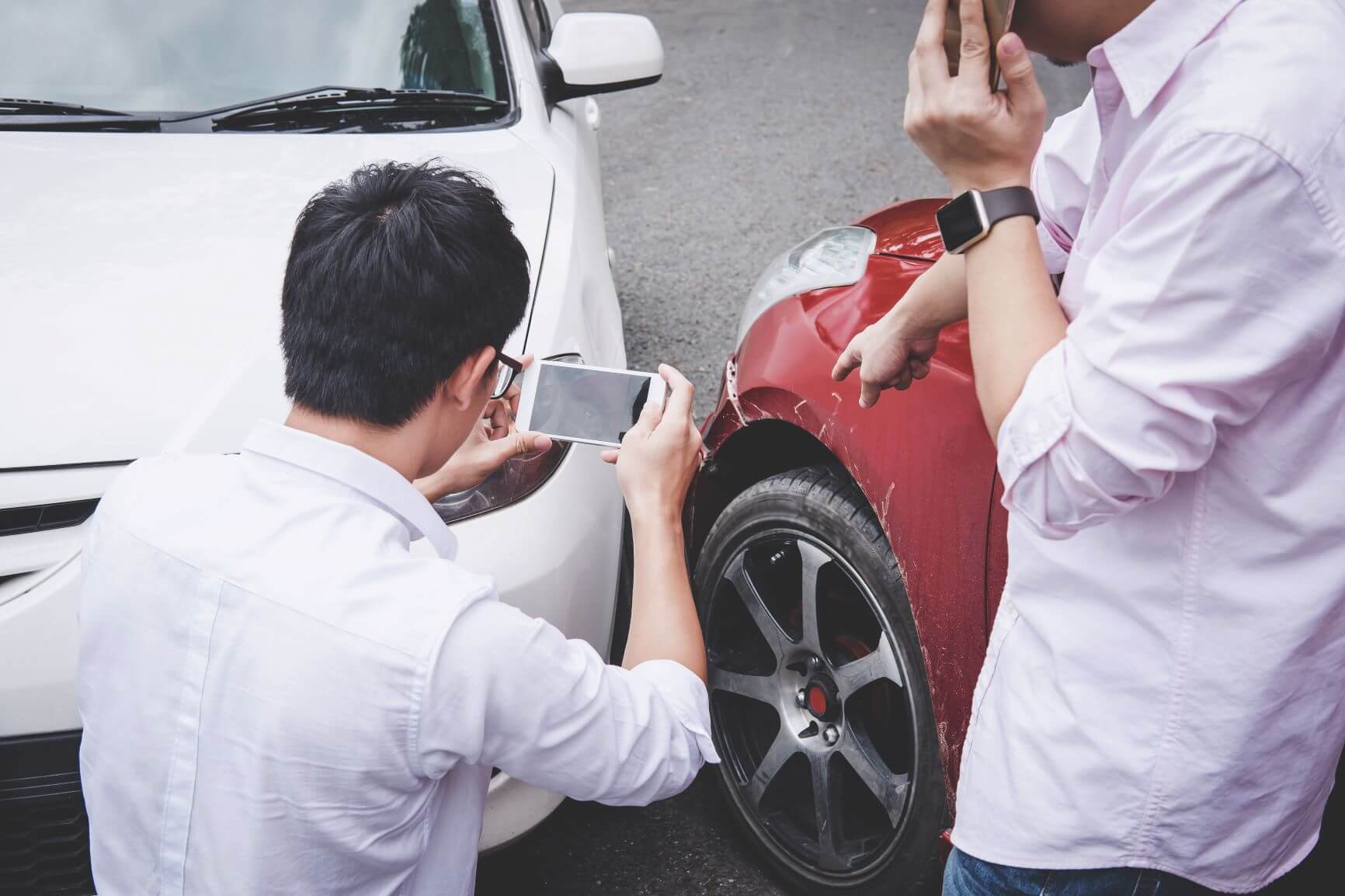
What You Need to Know About Parking Lot Accidents and Fault
Free ConsultationParking lot accidents happen much more frequently than you might think. According to the National Safety Council, as many as 20% of all car accidents occur in parking lots and garages.
Why are parking lot accidents so commonplace? Some drivers let their guard down in parking lots and garages due to lower speed limits. In addition, distracted drivers make parking lot accidents more likely. Up to two-thirds of all drivers admit to using their cell phones while driving in a parking lot.
Despite what you might think, lower speeds do not guarantee pedestrian safety. Hundreds of innocent people are killed in the 50,000+ crashes that occur in parking lots each year. Thousands more are injured.
Given these parking lot accident statistics, it is crucial to know how to protect your rights in the event your car gets hit in a parking lot. If you or someone you love is hurt in a car accident in a California parking lot, the attorneys at PARRIS Law Firm can help.
Who is At Fault in a Parking Lot Accident?
Determining fault after a car accident is always tricky, and parking lot accidents are no exception.
The rules of the road apply in parking lots as they would on the street. Here are some of the most common parking lot accident scenarios, and who would be considered at fault in each:
Moving Cars vs. Parked Cars
- If a moving car hits a parked car, the moving car will always be at fault, so long as the parked car is legally parked.
- If a moving car strikes an illegally parked car in a parking lot, the moving car will still likely carry most of the fault, though insurers may assign partial fault to the illegally parked vehicle’s owner.
Two Moving Cars
- If one car stops and another car rear-ends them, the rear car will nearly always be at fault.
- If a car is making a left turn into a parking spot and hits another car going straight in their lane, the driver making the left turn will likely be at fault.
- If a car backs out of a spot and another car strikes them, fault will likely be assigned to the car backing out.
- If two cars back out of parking spots at the same time and hit each other, both drivers will generally be considered at fault.
- If two drivers turn into a parking spot at the same time, the driver turning right has the right-of-way. In the event of a collision, they may both share fault, or fault may primarily be allocated to the driver turning left.
Cars and Pedestrians
- If a car fails to stop at a stop sign or crosswalk and hits a pedestrian, the driver of the car will be at fault.
- If a car strikes a pedestrian walking outside a crosswalk, the driver will still generally be considered at fault. Pedestrians always have the right of way in parking lots.
- If a child runs behind a car that is backing out and the child is hit by the car, the driver of the car will likely be at fault.
What if the Parking Lot is Privately Owned?
Unlike roads and highways, many parking lots are owned by a company or private owner. When you go to a big box store, for example, the owner of the shopping center probably owns the garage, too. The owner of the lot is relevant because (a) it may play a role in who is at fault for your accident, and (b) it may influence police response to your accident.
Parking Lot Accidents and Premises Liability
Depending on the exact circumstances of your parking lot accident, the owner of the lot may be partially liable for your accident. For example, if the parking lot was poorly maintained or did not have proper signage regulating the speed limit, the owner may be liable for any crashes that occur on their property.
The property owner has opened up their parking lot for your visit. As a result, they must keep the parking lot safe by maintaining the roads, marking crosswalks, and erecting stop signs, among other duties. If they fail to provide “ordinary care” to the lot, and their negligence causes harm to a person on their property, they may be liable for any injuries they incur under premises liability law in California.
Private Parking Lots and Police Response
Police are required by law to respond to parking lot accidents if anyone is injured or killed, regardless of who owns the lot. However, if the accident did not cause any injuries and took place on a private lot, the police may or may not respond to 911 calls at the scene. If they do not arrive at the scene, you will not receive a firsthand police report to give to your insurance company.
Even without a police report, there are still steps you can take to protect your rights after a parking lot accident.
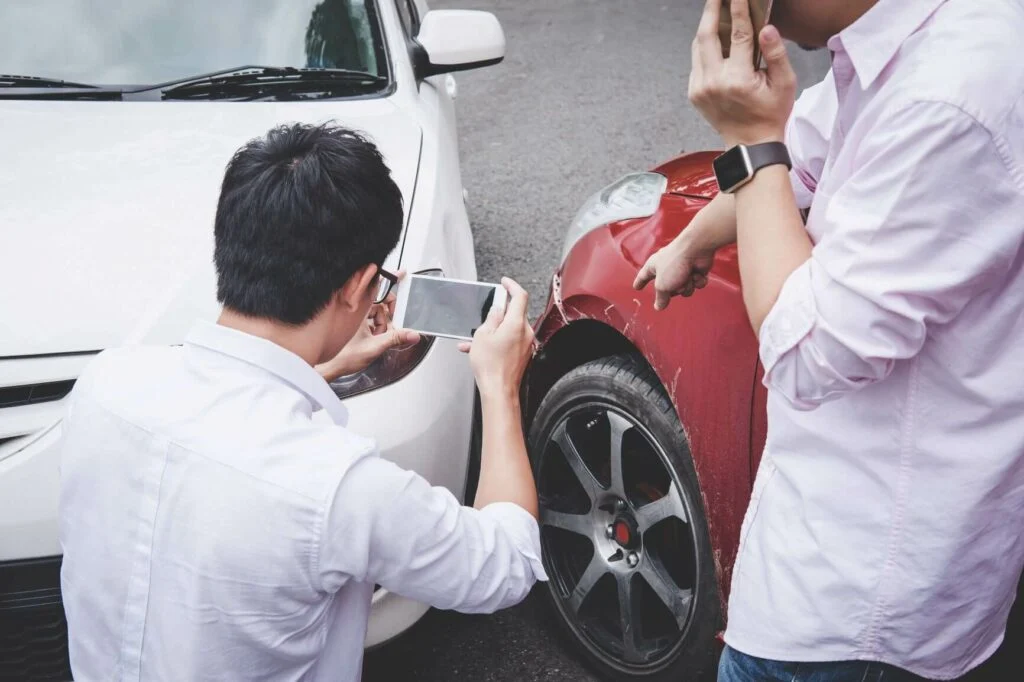
What to Do After a Parking Lot Accident
If a driver in a parking lot struck you or your car, there are steps you can take to protect your rights.
If your car was hit in a parking lot and the driver fled, you’ll want to call the police. Getting a police report will be extremely helpful for your insurance claim. You can also ask that the police request video footage from the property owner to try and locate the driver that hit your car. Being able to find out who caused the damage to your vehicle will help you collect additional compensation if your insurance company doesn’t cover your repairs or rejects your claim.
If you’re a pedestrian and you were hit by a driver, causing you injuries, you’ll want to take some additional steps beyond calling the police:
- Fleeing the scene of an accident (a hit and run) is a misdemeanor under California law, and a felony if anyone was injured. Even if you were not at fault, you should always stop to exchange information after a parking lot accident.
- Call 911. If anyone was killed or injured in the crash, calling the police at the accident scene is required by California law. Even for minor crashes, it can be useful to call the police to obtain a police report. As previously discussed, police may not respond to minor accidents in some privately owned parking lots. In these cases, it becomes even more crucial to gather information to support your claim down the line.
- Take pictures and videos. Sometimes, the best evidence of your parking lot accident will be pictures and videos you take immediately after. Make sure you get images of your injuries, every vehicle involved, and the entire parking lot area.
- Exchange contact information. You should swap information with the other driver whenever you’re involved in an accident. This includes names, phone numbers, addresses, driver’s license numbers, the VIN of both vehicles, and their insurance information.
- See your regular doctor. After your accident, visit your regular doctor as soon as possible. Injuries that may not present at the scene of the accident may crop up in the following weeks and months. Getting the medical attention you need as soon as possible is the best way to protect your rights in the event of a personal injury claim later on.
- Keep a personal injury journal. When you’ve been injured in a parking lot accident, it’s important to keep detailed records of how your injuries impact your life. Keep notes about how you’re feeling each day and what you were able to do (or not do) because of your injuries.
- Speak with a parking lot accident lawyer. Filing a lawsuit may be the furthest thing on your mind after a parking lot accident. But you may have unforeseen expenses related to your accident that your insurance won’t cover. You may need to file suit against the negligent driver and possibly the parking lot owner to get the full value of your claim. The right California parking lot accident attorney can help you.
How Do I Report a Parking Lot Accident?
Reporting a Parking Lot Accident to the Police
In California, you must report certain accidents to the police when:
- Anyone is injured or killed
- Property damage exceeds $1000
- Any of the drivers involved in the crash do not have a valid driver’s license
- Any of the drivers involved in the crash were under the influence of drugs or alcohol
- Any of the drivers flee the scene (hit and run)
If you call the police and they issue a police report, the police will file the report for you. If they don’t, you’ll need to do it yourself. You can do this by calling the nearest police station or California Highway Patrol (CHP). Once filed, you can get a copy of the report to give to your insurance company.
If you’re involved in a parking lot crash where the police won’t issue a police report because the parking lot is on private property, you can call the nearest police station and file the report yourself. California law requires you to do this if the driver who hit your car didn’t stop or leave a note.
Reporting a Parking Lot Accident to the DMV
You must also report your accident to the California Department of Motor Vehicles (DMV). If local police or CHP took an accident report, you could use that report to file online with the DMV. You have ten days from the date of the parking lot accident to report your crash to the DMV. Failing to report an accident to the DMV could result in a driver’s license suspension, fines, and jail time.
Reporting a Parking Lot Accident to Your Insurance Company
Even if you’re not at fault, you’ll also want to report your crash to your insurance company. In fact, most insurance companies require this, even when you’re not filing a claim.
If you are going to file a claim with your insurance company, the sooner you start this process, the faster you can get your car repaired and your medical bills covered.
As a reminder, California insurers are not allowed to raise your rates for an accident that is not your fault. Reporting your accident is always the best way to protect your rights after a crash.
Speak with a Parking Lot Accident Attorney: Call PARRIS
After a serious injury due to a parking lot accident, the accident attorneys at PARRIS Law Firm can fight for your rights. To find out your legal options, contact PARRIS today to speak with an experienced California car accident lawyer. You have rights, and we can help you protect them.

